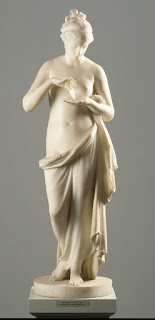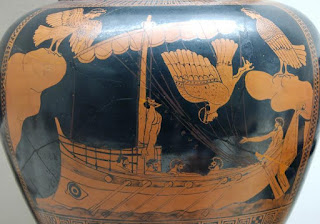Reading Notes: Ancient Egypt, Part A

Bibliography Egyptian Myth and Legend by Donald Mackenzie http://mythfolklore.blogspot.com/2014/06/myth-folklore-unit-ancient-egyptian.html Ra—King of the gods Shu—wind god Tefnut—sends the rain Seb—Earth god Nut—Sky goddess Osiris—god of the dead (eventually) Set—brother of Osiris Isis—wife of Osiris (eventually) Isis was a mortal woman who wanted to live among the gods. To do this, she made a snake out of the earth and the god’s spit. The serpent bit Ra, causing him to fall to the ground and cry out in pain. Isis came forward and offered to heal him, in return for his secret name (secret names hold a lot of power in Egyptian myths). The god gave her his name, Isis healed him, and Isis was made a goddess because she now shared the power of Ra. As Ra got older, mortals thought that he was getting to old to rule. Hearing this, Ra called Shu, Tefnut, Seb, Nut, and Nu to him. The other gods advised him to send Hathor to punish the mortals....












